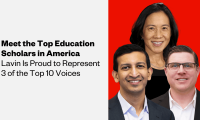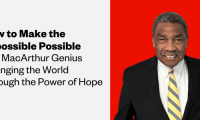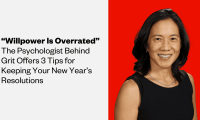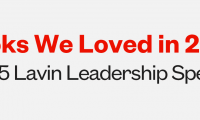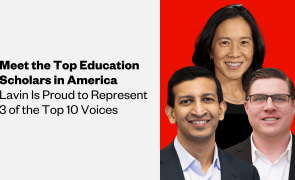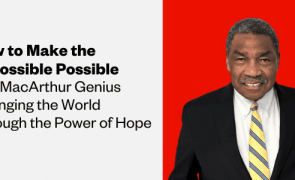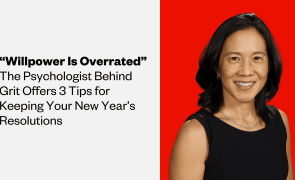When did we come to the conclusion that maximizing shareholder value was the primary goal of all business? Is this belief inherent in capitalism, or did it enter our collective consciousness much later? And what can we do now that it’s clear this assumption is limiting our potential? Yancey Strickler answers these questions and more on Vanity Fair’s Inside the Hive podcast.
“There was a record-scratch moment where the way everyone thought things should operate just wasn’t working,” explains Yancey Strickler, author of This Could Be Our Future. The U.S. moved away from the gold standard, and a lot of economic reset happened around this moment. “They [were] looking for a new, simpler way. And so the idea of just maximizing for share price, something that’s rational, that’s tradeable, that you can very clearly argue for […] seemed like the obvious thing to do.”
By the early 80s, this mentality was starting to “run America,” says Strickler, citing President Raegan’s policy of deregulation and government geared towards top-level financial growth (with little consideration to how that money would be distributed). Today, we’re still feeling the effects of this economic model—but it doesn’t have to be this way, says Strickler, who outlined a powerful vision for the future in his book. “In the world we live in today, ‘Now Me’ is the only space we see as real. Everything else is emotional, hazy, nebulous,” says Strickler. His philosophy provides a way for us to consider value for our future and collective selves, in addition to our present-day selves.
Listen to the full episode here.
To book speaker Yancey Strickler for your next speaking engagement, contact The Lavin Agency and speak with a representative.
